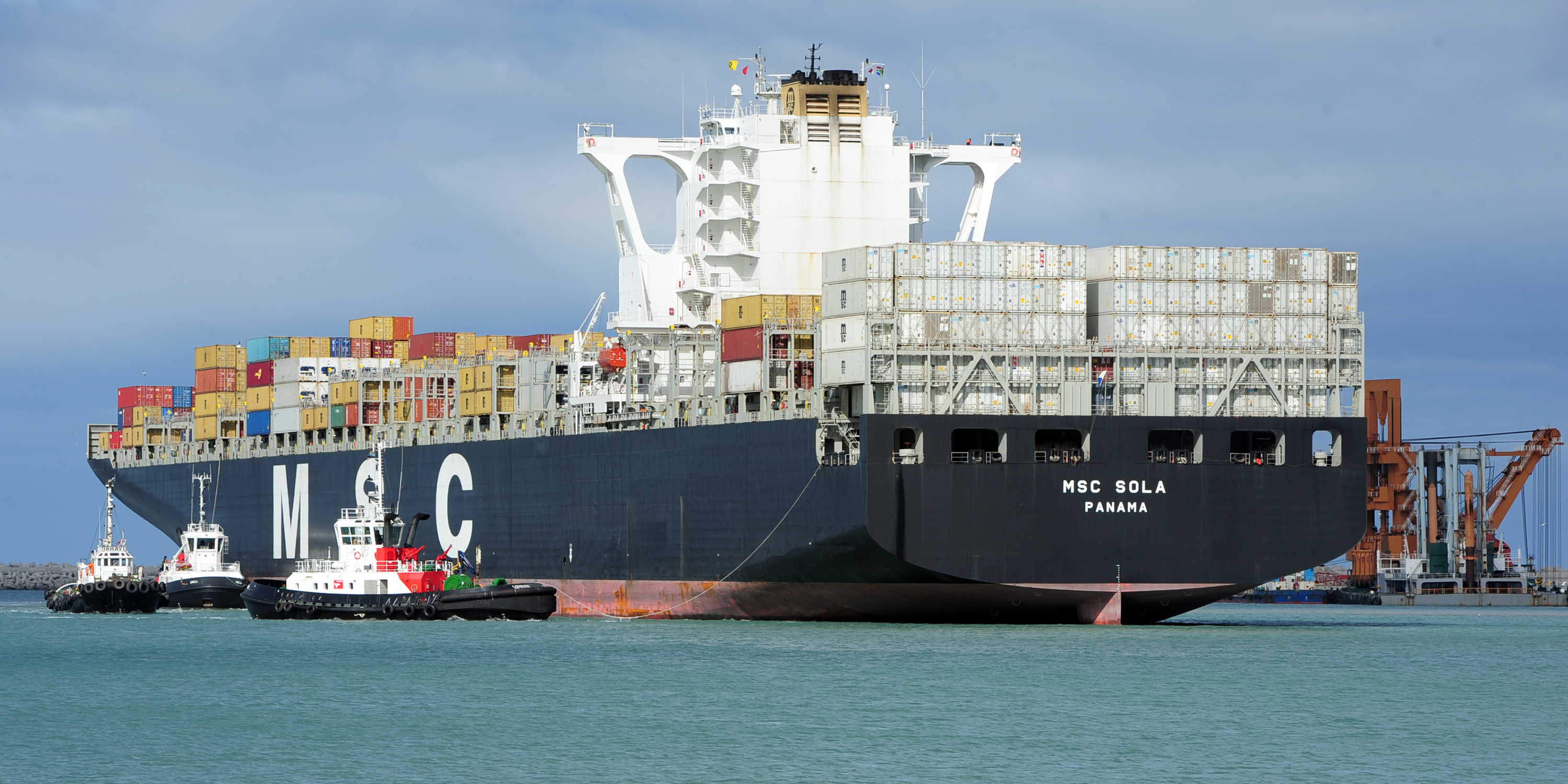First published by ISS Today
The ambitious African Continental Free Trade Agreement (AfCFTA) which technically enters into force on 30 May could be the game changer for Africa’s hitherto lacklustre economy. Driven by Rwandan President Paul Kagame, the process of reaching this point may well have broken all African records. African Union member states launched negotiations to create this huge market of 1.2-billion people with a GDP of over $3.4-trillion in only March last year.
Jakkie Cilliers, head of African Futures and Innovation at the Institute for Security Studies, calculates that the AfCFTA, if properly implemented, would boost Africa’s economic growth and reduce extreme poverty more than any other single factor in the long term.
In a forthcoming book on Africa’s future, Cilliers reports on the results of forecasts done using the International Futures software on the likely impacts of 11 major transitions: social grants, rejuvenated education, peace, a fourth wave of democracy, improved health, external support, a demographic dividend (a timely bulge in the size of the working-age population), an upsurge in local manufacturing, an African agricultural revolution, leapfrogging outdated technologies – and the AfCFTA.
Cilliers found that other drivers such as social grants, agriculture, leapfrogging and manufacturing would make the biggest difference in the short term. But by 2050, the AfCFTA would clearly be exerting the greatest impact on GDP per capita and extreme poverty.
For example in lower-middle-income countries it would be boosting annual GDP per capita by over $1 500, compared to the next biggest factor, technology leapfrogging, which would be adding just over US$900. By 2050 also, the AfCFTA would have reduced extreme poverty by over 6%, versus the next most effective driver, revolutionised agriculture, which would do so by about 5.5%.
“This is not so surprising,” Cilliers says. “The AfCFTA is about creating a larger market, and also because most intra-African trade is in manufactured goods, and manufacturing is the key to Africa’s long-term growth.”
This all assumes, of course, that the continent-wide trade deal gets properly off the ground. All 55 African Union member states – except Nigeria, Benin and Eritrea – have signed up. (Nigeria’s trade minister said this week that Nigeria would join soon.) And with the required minimum of 22 states having formally ratified it, the deal enters into force on 30 May.
But that doesn’t mean the first export or import will cross any national border tariff-free, under the AfCFTA, on that day. Trudi Hartzenberg, executive director of Stellenbosch’s Trade Law Centre, says that’s not likely to happen until next year. The AfCFTA’s entry into force next week will initially be a symbolic expression of the continent’s commitment to free trade.
Meanwhile, the negotiators will remain busy. Critical matters such as tariff schedules, rules of origin and dispute settlement procedures are still being negotiated. Rules of origin stipulate how much of a product must be sourced from within the free trade area for it to qualify for preferential tariff rates.
The aim is to avoid rules so lax that, for example, they would allow some African countries to become conduits into the continent for, say, cheap Asian clothing, just by sewing a button onto a complete shirt and calling the product African. Conversely, rules of origin can be so strict that they become measures to protect local manufacturers.
Tariff schedules are at the heart of free trade agreements. They list all the import tariff concessions that countries are prepared to give to other members of the free trade area. Hartzenberg says the AfCFTA negotiators haven’t decided whether these concessions will be offered bilaterally – between two countries or custom unions – or to all other AfCFTA members on a so-called most favoured nation basis.
An important feature of the AfCFTA that has been agreed on is that it will build on rather than replace Africa’s alphabet soup of regional free trade areas. The general principle will be that where regional free trade areas offer more liberal trade terms than the AfCFTA, the former terms will apply.
The idea of maintaining existing free trade areas was established in the long, tough and still incomplete negotiations for the Tripartite Free Trade Agreement. This aims to combine the Southern African Development Community, Common Market for Eastern and Southern Africa and East African Community free trade areas into one, comprising 27 countries.
The negotiations, which have dragged on since 2011, raise doubts about the likely success of the even larger AfCFTA. The main sticking points have been between South Africa and Kenya, the economic giants of their regions.
But Hartzenberg suggests that these problems do not necessarily bode ill for the AfCFTA. Since the tripartite agreement will persist, it might be easier for South Africa to do a deal with Kenya there than in the AfCFTA. Meanwhile, the AfCFTA will fill other important gaps in free trade across Africa.
South Africa, for example, has no free trade agreement with Nigeria or the rest of the Economic Community of West African States and sees that as one of the major AfCFTA opportunities – though much more so if Nigeria joins. Likewise, most North African countries don’t have free trade deals with sub-Saharan Africa and are looking to the AfCFTA to open up that space.
Hartzenberg says the AfCFTA could have its biggest impact not by eliminating trade tariffs but by removing non-trade barriers. Continent-wide rules could be agreed for efficiently moving goods across borders and cutting delays which add to trade costs. Hartzenberg says a 2013 Trade Law Centre study showed that reducing the time taken to move goods across borders by just 20% would boost Africa’s economies more than removing all import tariffs.
There will be no big bang when the AfCFTA starts, Hartzenberg says. “It will be gradual.” But, one hopes, ultimately considerable. The history of African trade agreements has not been stellar. This is the continent’s last chance at free trade, so it really has to grasp it. DM
Peter Fabricius is an ISS Consultant




